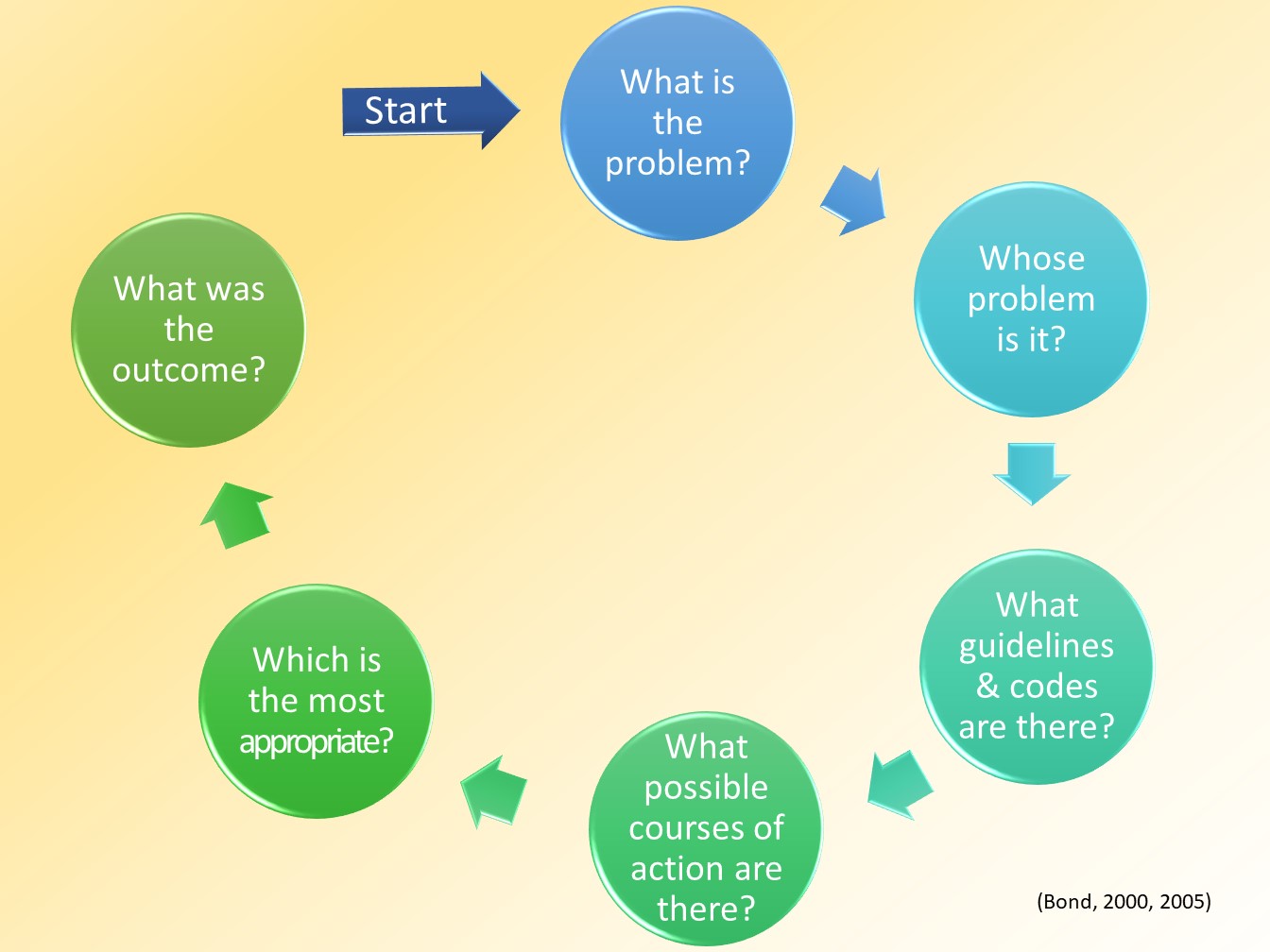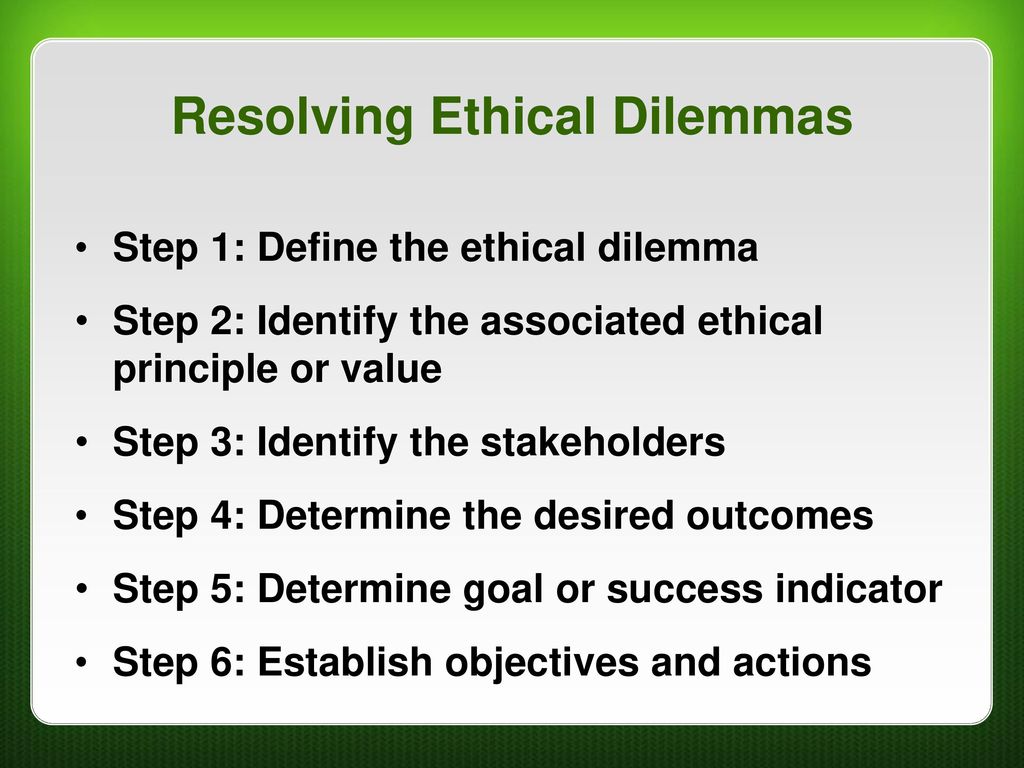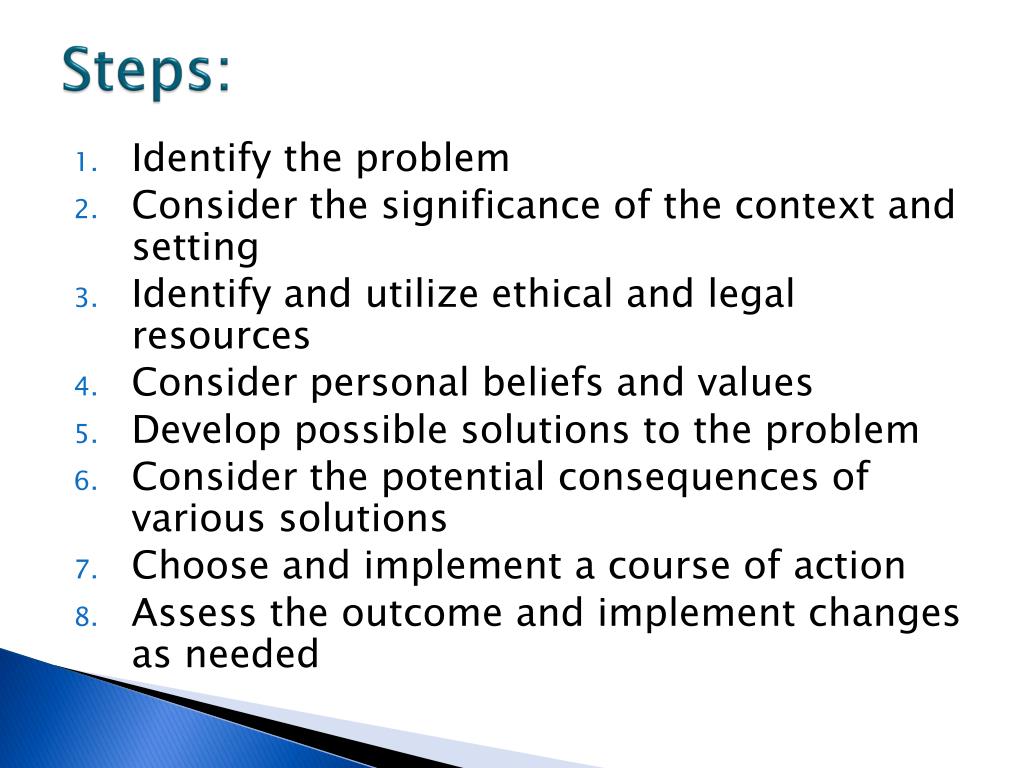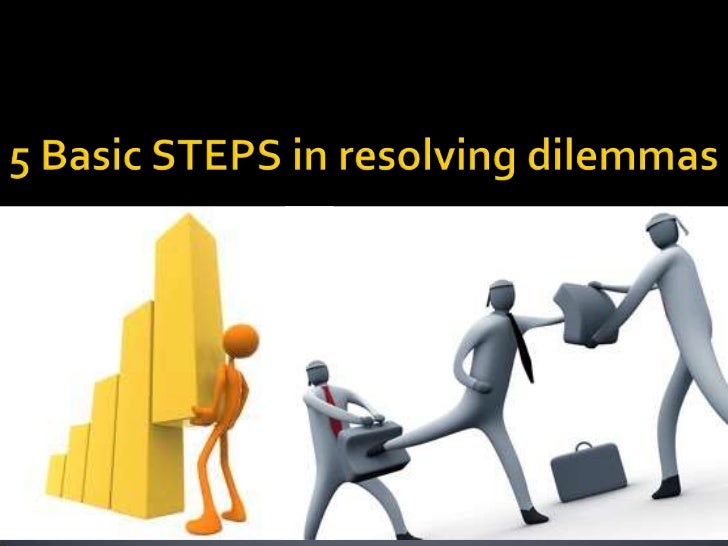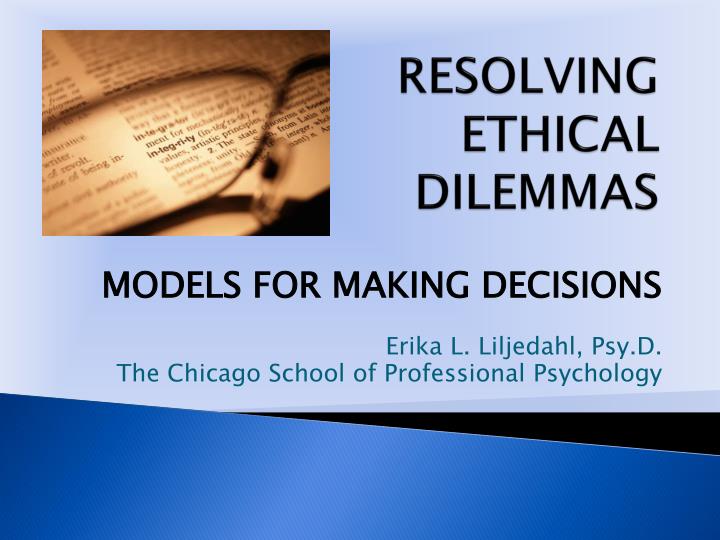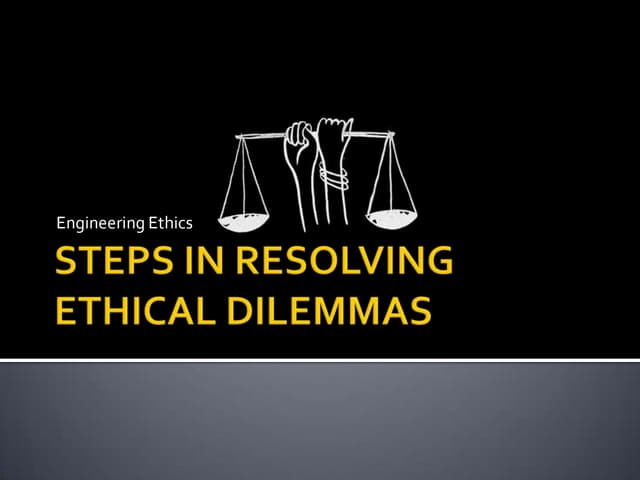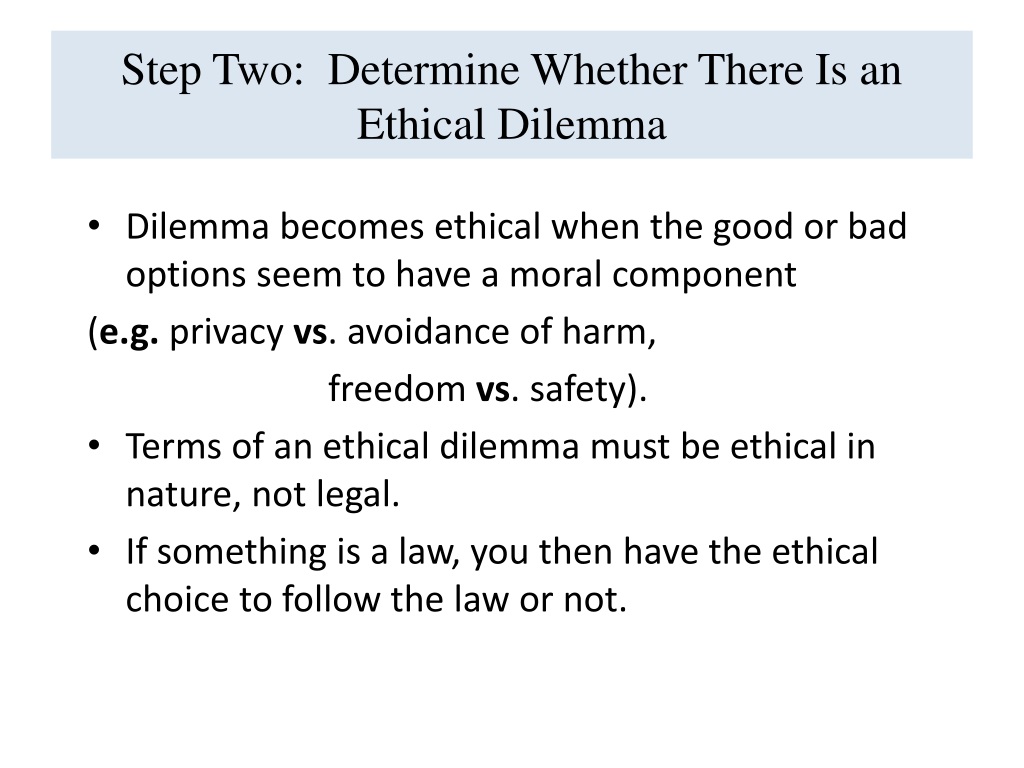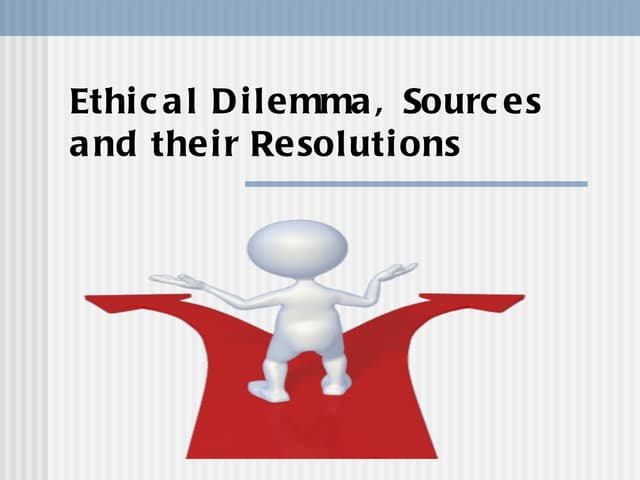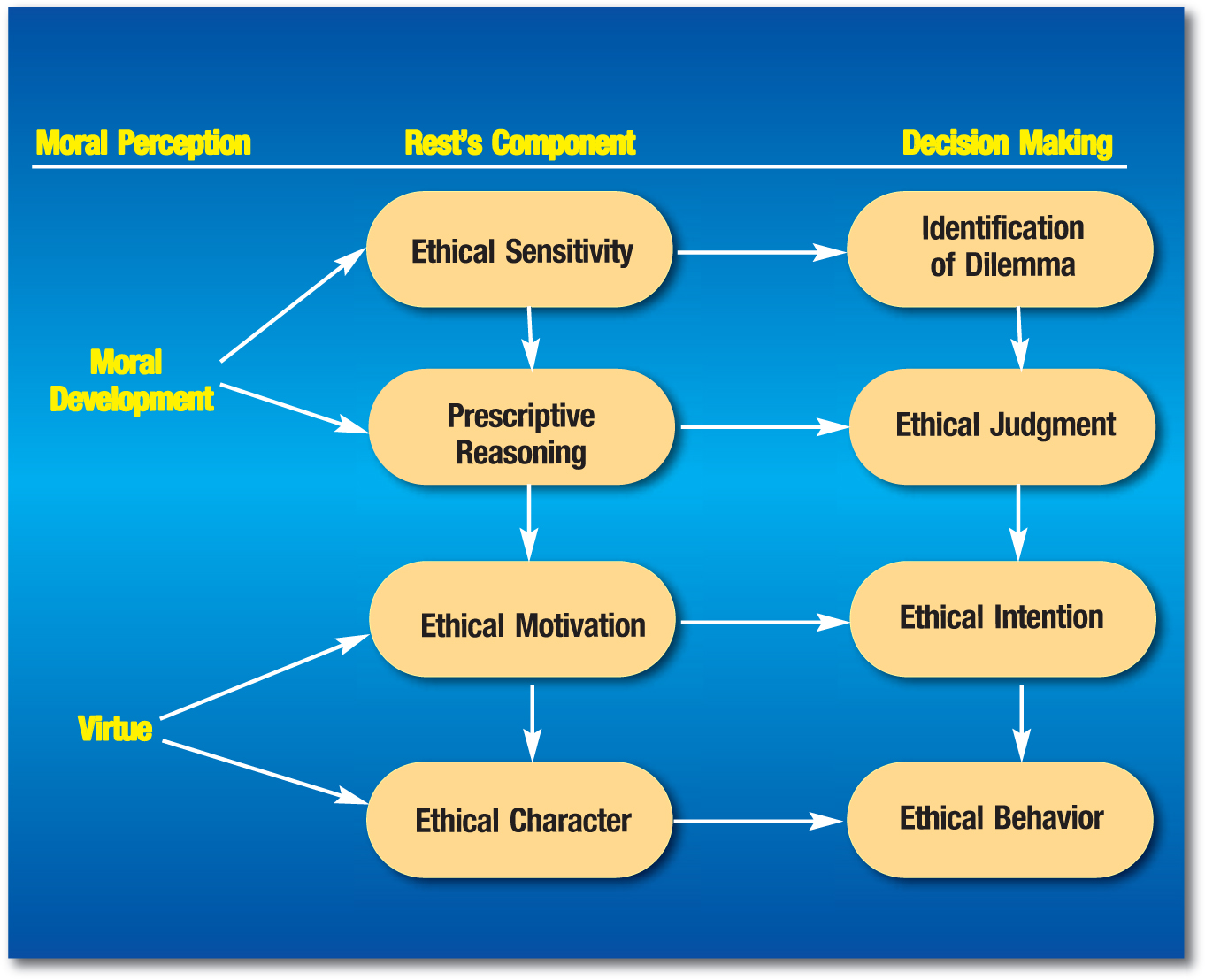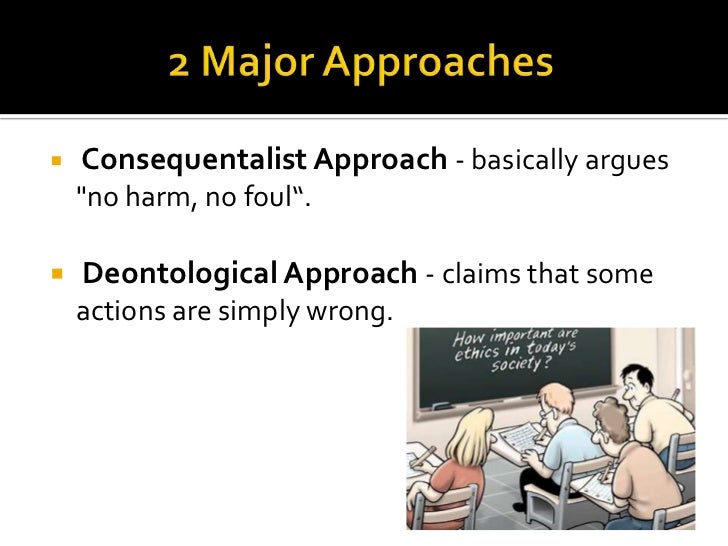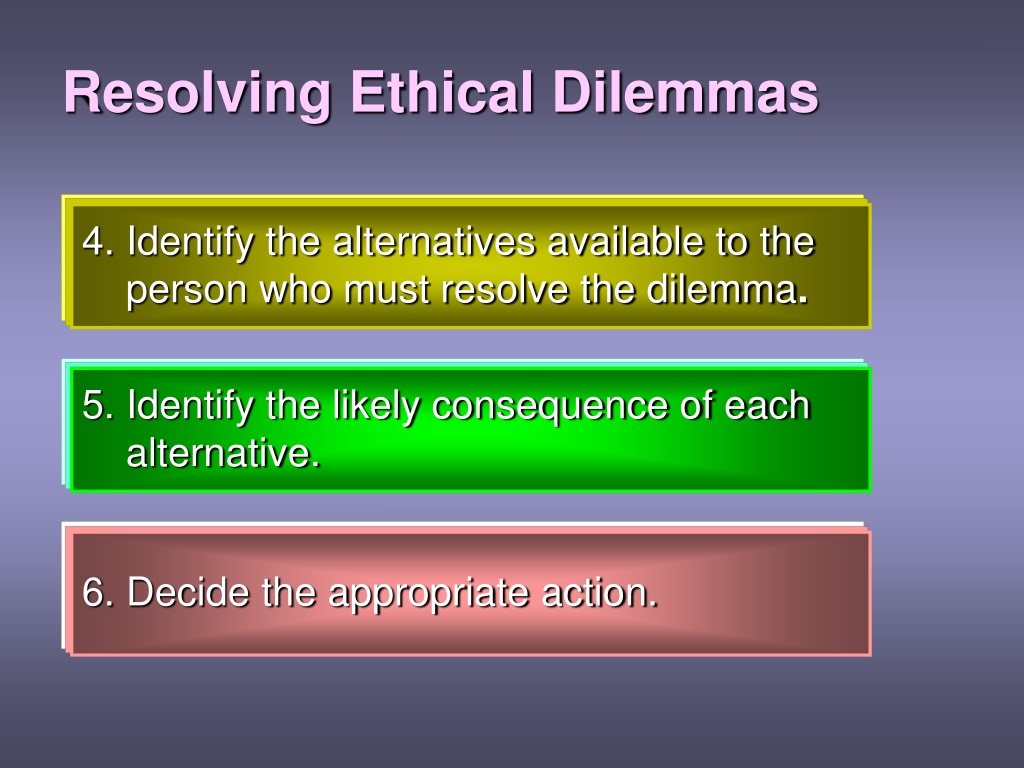5 Steps In Resolving Ethical Dilemmas
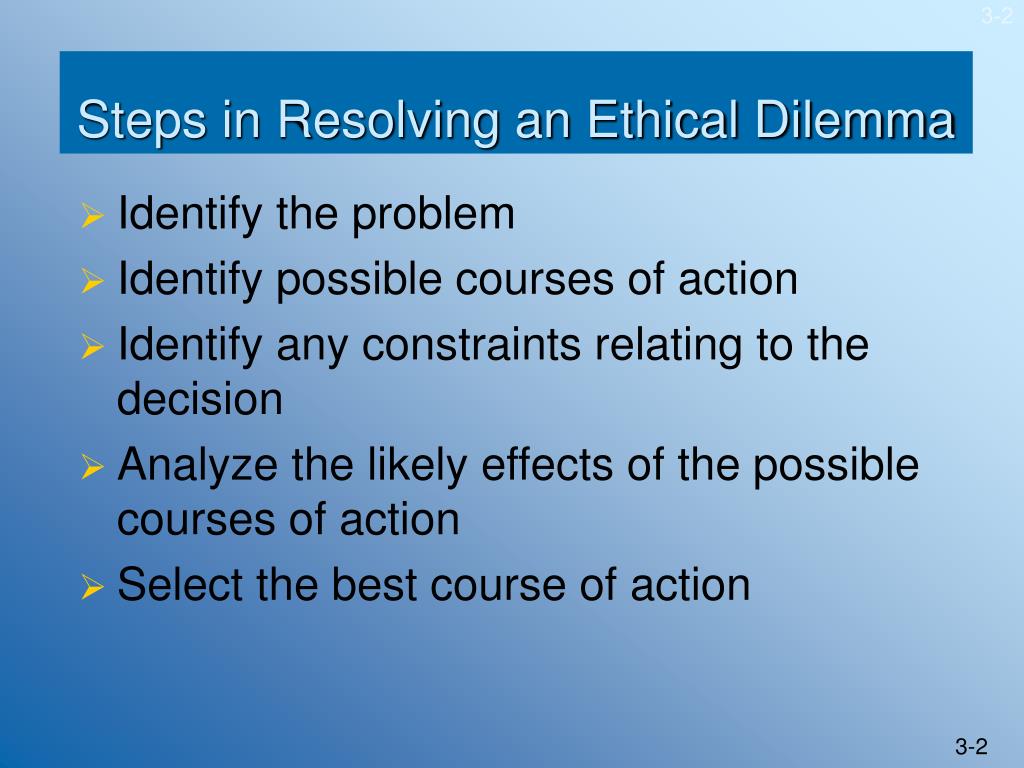
Ethical lapses are eroding public trust, demanding immediate action. A clear framework for navigating complex ethical dilemmas is now critical for professionals across all sectors.
This article outlines a concise, five-step process for resolving ethical conflicts, providing a practical guide to uphold integrity and accountability in challenging situations. This is a must-read for anyone facing tough decisions.
Step 1: Identify the Ethical Problem
Begin by clearly defining the ethical dilemma. What are the conflicting values or principles at play?
Who is affected by the potential decision? Understanding the core issue is paramount.
Step 2: Gather the Relevant Facts
Obtain all necessary information related to the dilemma. Investigate what happened, the context, and all people involved.
Ensure accuracy by consulting reliable sources and verifying data. Don't rely on assumptions or incomplete information.
Step 3: Evaluate Alternative Actions
Brainstorm a range of possible solutions to the ethical dilemma. Consider different approaches and their potential consequences.
Evaluate each option against relevant ethical codes, laws, and organizational policies.
Consider the impact on all stakeholders.
Step 4: Make a Decision and Test It
Select the best course of action based on your evaluation. Prioritize the option that maximizes benefits and minimizes harm.
Before acting, test your decision. Ask yourself: Would I be comfortable explaining this decision to my family, colleagues, or the public?
Step 5: Review and Reflect
After implementing your decision, assess the outcome. Did it achieve the desired result, and were there any unintended consequences?
Learn from the experience to improve future ethical decision-making. Document the process and share insights with others to promote organizational learning.
This reflection will help to improve the ethical decision making skills in the future.
Data Supporting the Need for Ethical Frameworks
A recent study by the Ethics Resource Center found that 47% of employees have witnessed misconduct in the workplace. Only a small fraction reported.
The Pew Research Center reports that public trust in institutions is at a historic low, highlighting the urgency of ethical leadership. This demands ethical conduct.
Failure to address ethical dilemmas can result in significant financial and reputational damage. According to a report by Deloitte, companies with strong ethical cultures outperform their competitors.
Ongoing Developments: Several organizations are now implementing mandatory ethics training programs. These programs aim to equip employees with the tools and knowledge to navigate complex ethical challenges. The goal is to improve workplace conditions for all.
Next Steps: Professionals should actively seek out resources and training on ethical decision-making. Organizations must foster a culture of integrity and accountability. This must be actively implemented by the executive leadership.
By embracing a proactive approach to ethics, we can rebuild trust and create a more just and equitable society. A commitment to ethical principles is vital for long-term success.

